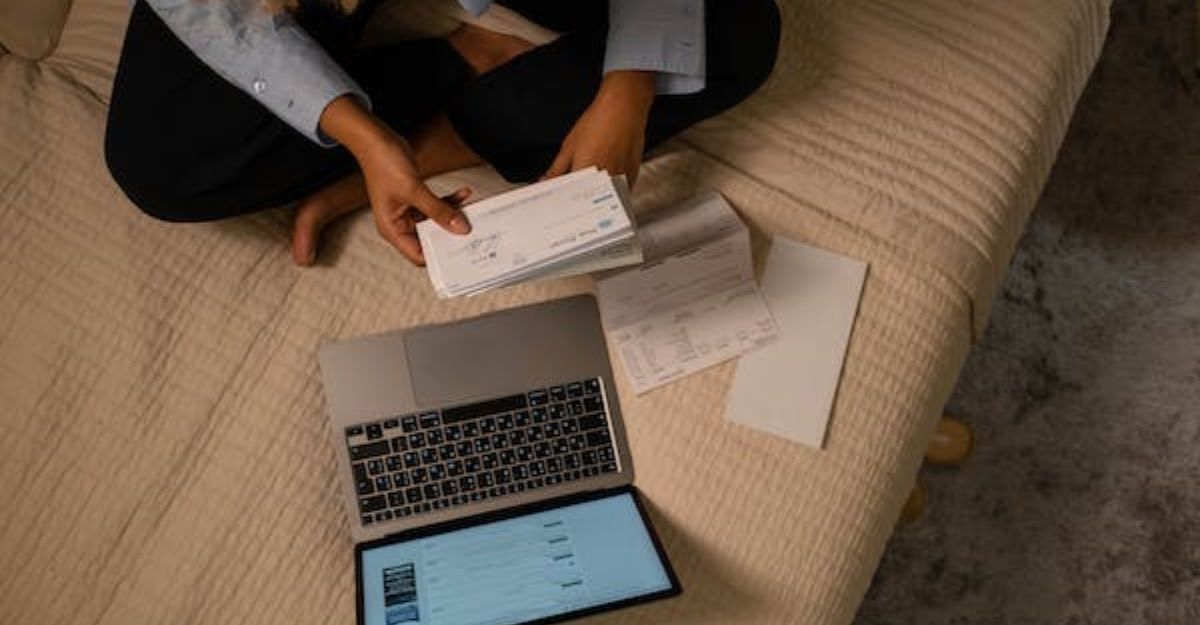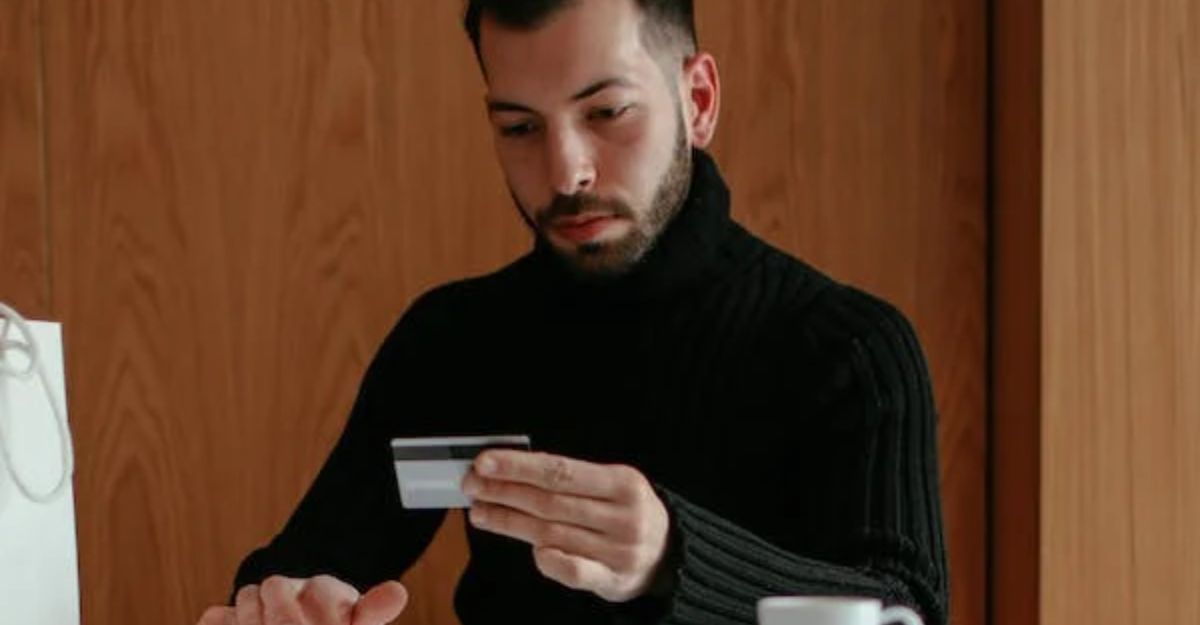How long are personal checks good for?

Contents
A piece of paper that is drawn from your checking account is a personal check. You should write the amount of money and the person who will receive it on the check. Some transactions nevertheless demand checks or work better that way. You may transmit money online peer to peer if you wish to. The average check expires after six months. However, the specifics might be complex. This post can help you understand how long are personal checks good for and why a check’s validity differs based on the check.
How long are checks generally valid?
The kind of check and the location where you want to deposit it might affect how long you have to do so. Although personal checks expire date is normally after six months, certain banks will still accept them. It’s possible that their accounts won’t be ready for the money to be withdrawn from them if you successfully deposit the old check seven or more months later.
Talking about how long are personal checks good for, when six months have passed and the check has still not been deposited, it could be simpler for you to explain the situation to the check issuer and request a new check. In accordance with the UCC, banks are not required to accept personal or company checks that are more than 180 days old which means 6 months.
How long are personal check good for?
How long are personal checks good for depends on many things. Although it is a general guideline, not all checks and money orders fall within the 6-month rule. In general, personal checks are the easiest to cash because it’s likely that you know the check issuer personally. Depositing personal checks before six months is recommended. Some companies pre-print “void after 90 days” on their checks. You face the danger of the account number or routing number change if you keep a check around for a while.
When do personal checks expire?
Personal checks often become invalid after six months. After then, the decision to treat a check as expired usually rests with the bank whether how long are personal checks good for. A check that is not cashed promptly will result in an unbalanced account. Banks are only obligated by law to accept checks for a maximum of six months. An old personal cheque from several months ago can slip the issuer’s mind. Personal checks entail a slightly higher risk of generating fines since businesses are less likely to maintain zero balances.
What are the pros and cons of using a Personal check?
There are both advantages and disadvantages to using a personal check. How long are personal checks good for the advantages and disadvantages are mentioned below.
Pros
- Payment proof: In contrast to cash or even certain electronic payment methods, checks offer transparent proof that a bill has been paid.
- Quick payment: Personal checks are one of the quicker payment methods.
- No additional charges: Electronic payments are frequently subject to convenience fees from businesses. Paying using a personal check prevents you from additional charges.
- Security: It will be quite challenging for a stranger to cash your cheque if he finds it. That’s because banks and retailers still want signatures on every check. To make sure the appropriate person is paying the cheque, cashiers frequently verify client IDs. State laws frequently require that you are not liable for the theft of cash and that the money be restored to your account if someone does fake your signature on a check you issued.
- Better payment option: Budget-wise, you can spend up to the amount in your checking account before stopping, but with a credit card, you may make purchases with the intention of paying them off later, and your balance can go up rather rapidly.
Cons
- Security issues: First and foremost, concern about how long are personal checks good for is security. Despite being traceable, checks are not connected to your bank account. You have the option of writing a check for the whole balance of your account or even more.
- Fear of theft: One more concern about how long are personal checks good for is fear of theft. Additionally, there is no fraud insurance for misplaced or stolen cheques. Checks are non-reversible under federal law, in contrast to credit cards. If your checkbook is stolen, you could lose hundreds or even thousands of dollars.
- Can’t track them: A personal check cannot be tracked online, so you may need to call your bank to find out if they have received it.
- Can’t determine the purpose of the check: If your check is stolen then you won’t be able to determine whether the check has cleared or for what purpose it was used.
- Checks are not economical: Personal checks are not cost-effective, which is the first thing to keep in mind. The receiver must cash the cheque before using it since their processing is slower.
What are the best alternatives for the personal checks?
Many people are concern about how long are personal checks good for their Businesses. So, they want to switch from paper checks to electronic payments for a variety of reasons, including how long are personal checks good for, cost savings and better customer service. Majority of financial executives think that their customers are prepared to switch from using checks to using e-wallets and mobile money.
-
ETF
Electronic Funds Transfer (EFT) is an electronic transfer of funds from one bank account to another. EFTs are sent via computer-based systems, requiring no direct intervention from bank staff. Automated Clearing House (ACH) payment is a type of EFT available in the US.
-
Credit and debit cards
Due to their very immediate processing speeds, credit and debit cards are being utilised more and more in B2B transactions. You also get rid of the chance of dealing with insufficient cash when you take credit and debit card payments. Even after the transaction has been executed, ACH transfers might still fail for this reason.
-
Other Vital cards
A virtual card is a credit card that exists entirely in the virtual world. A temporary card number that is linked to a buyer’s actual account is generated by issuers and can be shown at the point of sale. Using virtual cards provides an extra degree of security for many customers in the case of a data breach.
-
Mobile apps or digital wallets
E-wallets known as digital wallets enable customers to safely keep their payment information. Customers may trace their payment history, keep money easily, and make transactions using digital wallets. When making recurring or recurrent transactions, B2B customers do not have to re-enter their payment information.
Conclusion
The above is the complete information about how long are personal checks good for. Old checks might be a headache that you really don’t need. Organize your money, checks, and wallet as much as you can. Decide which day of the week you will complete all of your financial errands and activities. On the cheque, place a stop payment order. This is to safeguard you in the event that a teller cashes a cheque that has passed its expiration date. To avoid the risk of how long are personal checks good for you can simply deposit checks from your phone, use a mobile financial solution like Net spend prepaid cards.







